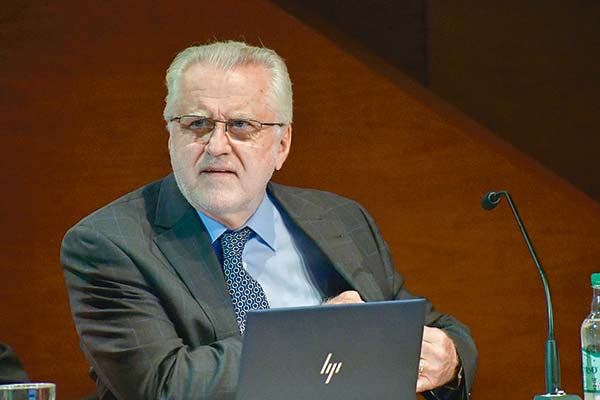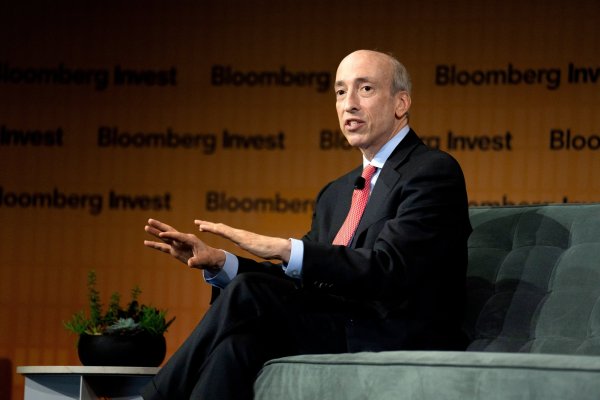Conexión a China | ¿Y qué pasa con la inversión china en Chile?
Ignacio Tornero Investigador asociado Centro de Estudios Internacionales UC, ex encargado de oficina de Carey en Shanghai
- T+
- T-

Ignacio Tornero
Hace tan sólo unos días, se señaló que China, por primera vez, se había ubicado en 2019 en el primer puesto como principal inversionista extranjero en Chile. Esto, gracias a las cuantiosas inversiones que habían realizado empresas como State Grid en Chilquinta y Joyvio en Australis. La verdad es que el año pasado no fue el primero, sino 2018, cuando China lideró la lista gracias a la inversión por más de US$ 4.000 millones que hizo Tianqi Lithium en SQM.
Es importante destacar que esto ha sido el resultado de una importante y paciente labor de atracción tanto del mundo público como privado, ya que la inversión china no llegó sola ni por casualidad a nuestro país. Ahora bien, considerando el desafiante clima político-social chileno, resulta entendible que muchos se pregunten por el futuro de estas apuestas chinas en Chile. A mi juicio, la situación es más alentadora de lo que parece. ¿Por qué motivos?
Las empresas chinas han invertido a lo largo de todo el mundo en las últimas dos décadas, y lo han hecho en lugares con un perfil de riesgo bastante más complejo que el chileno, como algunos países africanos, por ejemplo. Asimismo, han entendido rápidamente el riesgo político al que se someten sus capitales al invertir en destinos donde el ingreso es más fácil, pero la eventual salida incierta (Venezuela). Además, hay otros factores, como la mayor saturación del mercado interno chino y la ralentización de su economía, el “bloqueo” de capitales chinos en ciertas partes del mundo, y el creciente escrutinio de una mayor presencia china a nivel global luego de la “guerra comercial” con Washington. Chile, en este sentido, se ha posicionado como un destino imparcial altamente atractivo para los chinos.
Luego de un viaje a China en noviembre pasado, de una encuesta para evaluar el impacto que ha tenido el “estallido social”, y de regulares conversaciones con inversionistas chinos, comparto aquí algunas impresiones.
Efectivamente, la situación por la que atraviesa el país es seguida de cerca por la comunidad china y hay preocupación por la inestabilidad e incertidumbre actuales. Sin embargo, los hechos iniciados el 18 de octubre no han minado por completo la reputación histórica del país y hay confianza en la evolución de los hechos de forma positiva en el mediano plazo; no hay planes concretos de desinversión y es notable apreciar que continúan los requerimientos de diversas empresas en variadas industrias.
Finalmente, hay conciencia de que, en conjunto con los desafíos, hay oportunidades subyacentes como la potencial caída en los precios de los activos, menor competencia en procesos de compra, y la valorización del dólar y el renminbi respecto del peso chileno.
Por lo tanto, más que ser fatalista, creo que la actitud que debiésemos tener es de proactividad e información sobre los cambios que está viviendo el país; ya que, de nuevo, la inversión china no llegó (ni se quedará) por sí sola.
What about Chinese investment in Chile?
Just a few days ago, it was noted that China had been ranked first as the leading foreign investor in Chile in 2019, mainly because of significant investments made by Chinese firms like State Grid in Chilquinta and Joyvio in Australis. And last year was not the first time: in 2018 China topped the list thanks to Tianqi Lithium's investment of over US$ 4 billion in SQM.
It is important to highlight that this has been the result of an important and patient effort to attract both the public and private sectors, since Chinese investment did not come to our country by chance. However, considering the challenging political and social climate in Chile, it is understandable that many people are wondering about the future of these Chinese investments in Chile. In my opinion, the picture is brighter than it seems. Why
Chinese companies have invested all around the world over the last two decades, and have done so in places with a much more complex risk profile than Chile, such as some African countries, for example. They have also quickly understood the political risk to which their capital is exposed by investing in places where getting in is relatively easy, but getting out is uncertain (Venezuela). In addition, there are other factors, such as the increased saturation of the Chinese domestic market and the slowdown of its economy, the "blockade" against Chinese capital in certain parts of the world, and the growing scrutiny of a stronger Chinese global presence following the trade war with Washington. On this stage, Chile has positioned itself as a highly attractive and impartial destination for the Chinese.
Following a trip to China last November, a survey to assess the impact of the Chilean "social outburst", and regular talks with Chinese investors, I wish to share some of my impressions.
The social crisis our country is going through is indeed being closely followed by the Chinese community and there is concern about the current instability and uncertainty. However, the events that began on October 18th last year have not completely undermined Chile's historical reputation and there is confidence in the positive evolution of events in the near future; at this point there are no formal plans to disinvest and it is worth noting that inquiries from companies in various industries have not stopped.
Finally, there is awareness that challenges come with underlying opportunities, such as the potential fall in asset prices, less competition in acquisition deals, and the appreciation of the dollar and the renminbi against the Chilean peso.
Far from being pessimistic, then, I believe the right spirit is to be proactive and well informed about the changes the country is experiencing. As I said before, Chinese investment did not arrive (and will not stay) by accident.
Ignacio Tornero
Associate researcher at the Center for International Studies UC, former head of Carey's Shanghai office































































